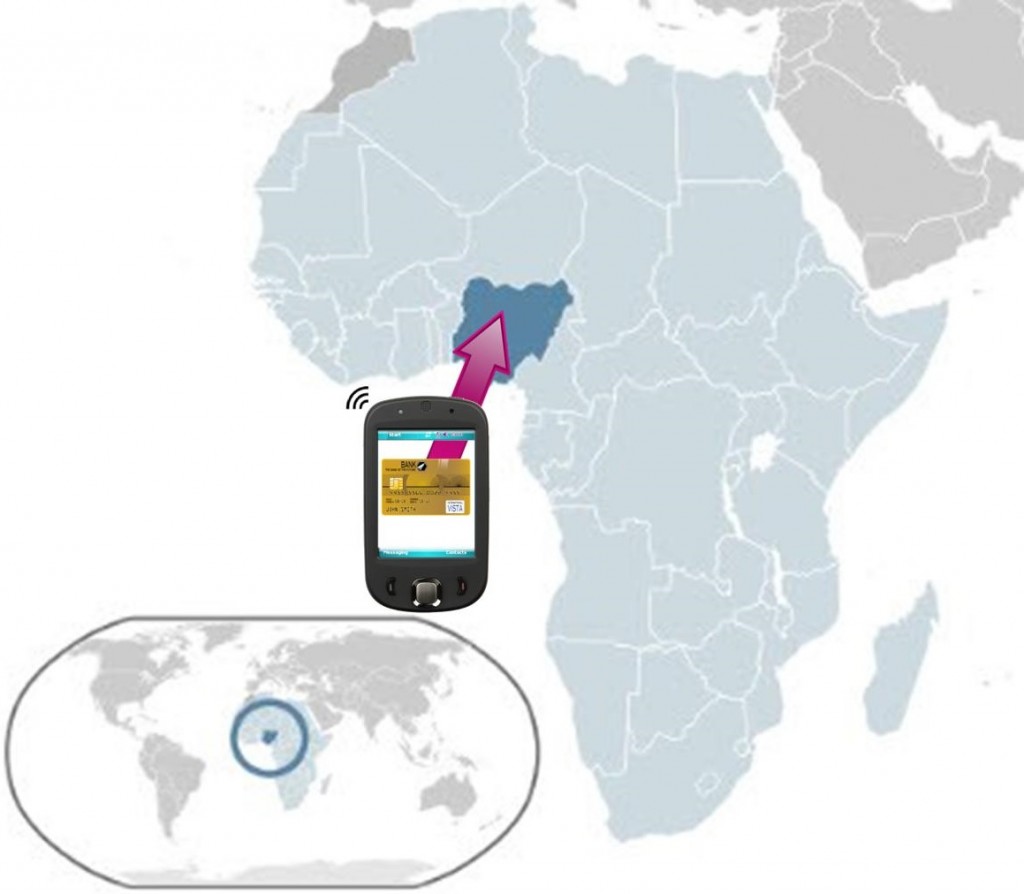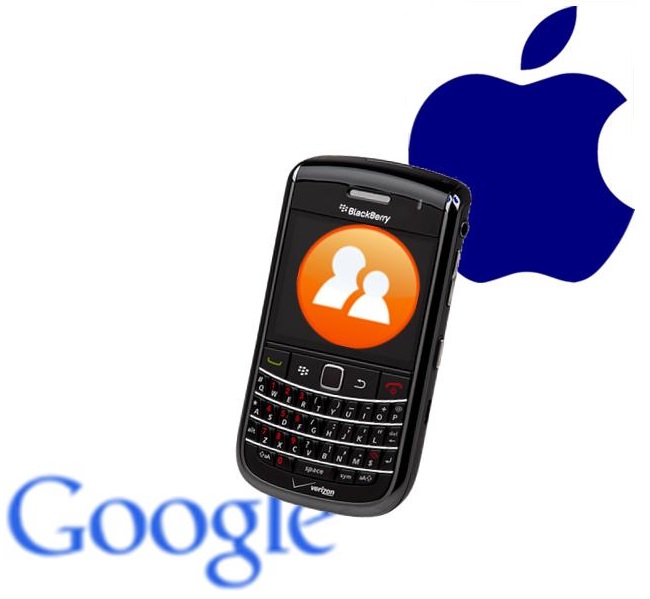Lucy |
September 30, 2013
There is a rapidly growing interest in that country for paying through the use of a smartphone.
In response to the growing interest in mobile payments and money services among the Nigerian people, Fortumo has now launched its latest product, which allows for these transactions within that West African nation.
The connectivity rates and the smartphone based money services in the country are now widely available.
In fact, there are now an estimated 114 million smartphone and other device users who have access to mobile payments across Nigeria. At the moment, the penetration of smartphones among all cell phone users still remains quite low, but Fortumo has taken that into consideration in the design of the services that it has launched in order to cater to nearly anyone who has a mobile device.
A special mobile payments platform that will even work for feature phones has been designed.
 Even though most people in Nigeria do not have a smartphone, Fortumo has built a “special flow” for its cross-platform “mobile payments for feature phones.” This helps the company to be able to provide these services to the majority of the population that use devices without all of the latest bells and whistles.
Even though most people in Nigeria do not have a smartphone, Fortumo has built a “special flow” for its cross-platform “mobile payments for feature phones.” This helps the company to be able to provide these services to the majority of the population that use devices without all of the latest bells and whistles.
At the moment, in the country, the smartphone based internet is still in the lead. In fact, 75 percent of all subscriptions to internet services are managed by way of smartphone based platforms. This represents approximately 35 million users. Only one quarter of all of the cell phones in Nigeria are currently smartphones.
Nigeria has made itself an important mobile payments services marketplace in Africa, as it has made specific efforts to use this technology to enhance the ease and convenience with which people can exchange funds or pay for the products and services they want to buy. It is the hope that the use of cell phones as opposed to credit cards or debits for bank accounts – or even cash, for that matter – will help to give the local economy a much needed shot in the arm, and to empower users with additional options for shopping in person or online.
The greatly struggling smartphone manufacturer has now unveiled its BBM for iPhone and Android users.
As the company had been indicating for some time, BlackBerry has now announced that its dedicated BBM messenger service apps are now available to Android and iPhone users very soon.
The BlackBerry Messenger service have now become available for sale on the Apple App Store and on Google Play.
This means that the apps for BlackBerry Messenger will no longer be exclusively available to users of the devices from that manufacturer. They are now available for free for the devices based on the operating systems of the leaders of the smartphone market, Android and iOS.
These free apps becoming available for Android and iPhone are only one of many recent announcements from the company.
 The unveiling of the apps for other smartphones came directly after the company launched yet another smartphone device into the marketplace. It also revealed that it would be laying off 4,500 employees, as the company flounders in losses from a lack of sales.
The unveiling of the apps for other smartphones came directly after the company launched yet another smartphone device into the marketplace. It also revealed that it would be laying off 4,500 employees, as the company flounders in losses from a lack of sales.
These messenger apps allow smartphone users to be able to share information and chat with up to 30 different users within a single conversation. It also uses a unique PIN to ensure that the users’ privacy will remain secure. That number is not just a password for signing into the program. Instead, it can be used to boost security when deciding whether or not contact information and other data should be shared with the other people who are involved within the conversations.
As BlackBerry takes these steps into the iOS and Android marketplaces, it is leading many people to speculate with regards to whether or not this is a last ditch effort from the company to attempt to compete in yet another marketplace. The messenger service apps market is already swamped with competition, with leaders that have already established themselves, including WeChat, WhatsApp, and Line.
The BBM apps became available to Android smartphones over Google Play download as of September 21, and iPhone users started downloading from the App Store starting on September 22. The number of downloaders and users has yet to be seen.
 Even though most people in Nigeria do not have a smartphone, Fortumo has built a “special flow” for its cross-platform “mobile payments for feature phones.” This helps the company to be able to provide these services to the majority of the population that use devices without all of the latest bells and whistles.
Even though most people in Nigeria do not have a smartphone, Fortumo has built a “special flow” for its cross-platform “mobile payments for feature phones.” This helps the company to be able to provide these services to the majority of the population that use devices without all of the latest bells and whistles.
 The unveiling of the apps for other smartphones came directly after the company launched yet another smartphone device into the marketplace. It also revealed that it would be laying off 4,500 employees, as the company flounders in losses from a lack of sales.
The unveiling of the apps for other smartphones came directly after the company launched yet another smartphone device into the marketplace. It also revealed that it would be laying off 4,500 employees, as the company flounders in losses from a lack of sales.